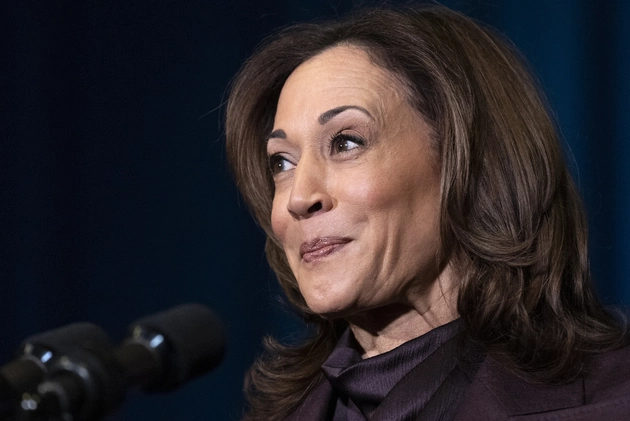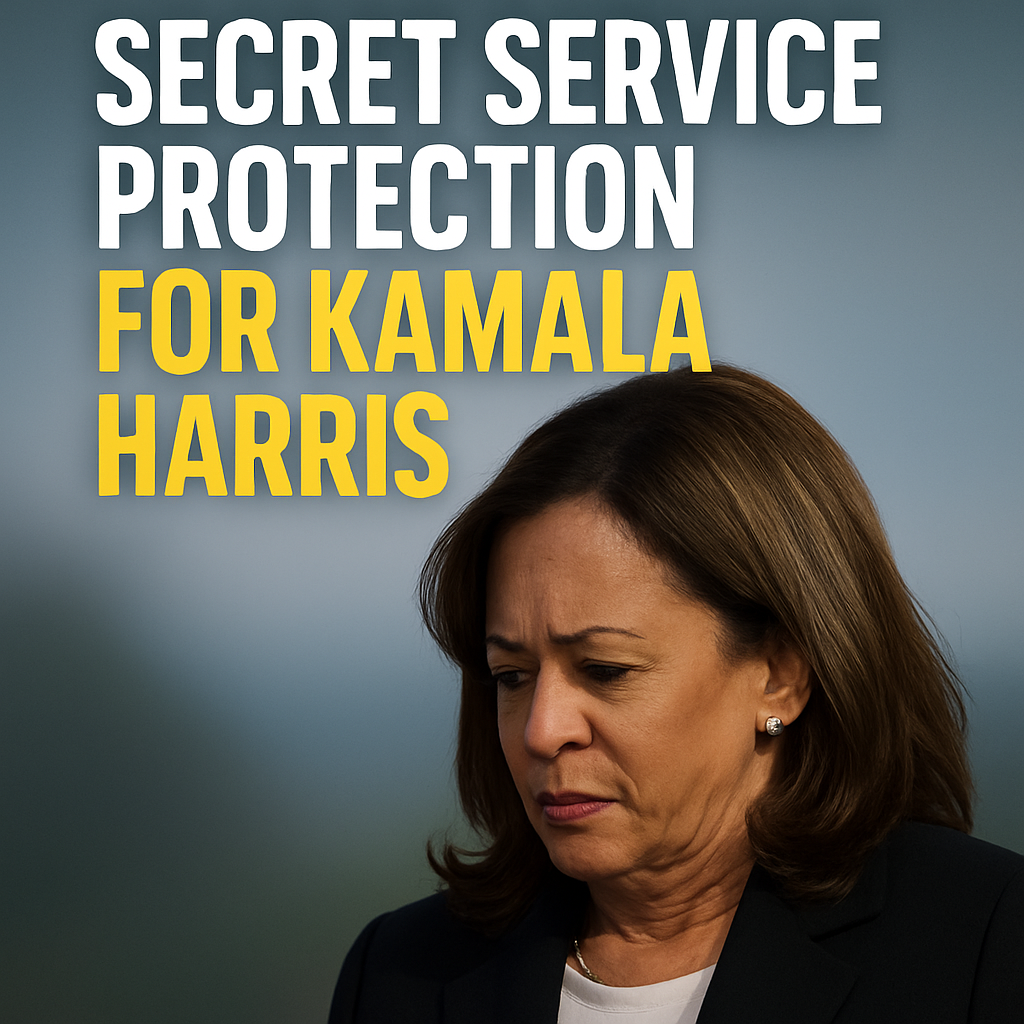Former Vice President Kamala Harris will soon lose her extended Secret Service protection, following a directive from President Donald Trump. The decision, announced in late August 2025, has raised security concerns just as Harris prepares for a nationwide book tour to promote her new book 107 Days.
Background on Secret Service Protection
By federal law, former vice presidents are entitled to six months of Secret Service protection after leaving office. In Harris’ case, that period expired in mid-2025. However, President Joe Biden had signed an order in 2024 granting her an extra year of protection, citing ongoing public visibility and potential security risks. This extension meant Harris would have been covered until the summer of 2026.
President Trump, who returned to the White House in January 2025, has now chosen to rescind that extension. According to the directive, Harris’ Secret Service detail will officially end on September 1, 2025.
The Political Dimension
Critics argue that the move is politically motivated. Harris, who served as vice president from 2021 to 2025, remains a prominent figure in Democratic politics. Her upcoming memoir 107 Days recounts her experiences in office and her role during a turbulent administration. With a national book tour scheduled to begin this fall, she is expected to draw large crowds and significant media attention.

Security experts warn that withdrawing protection at such a time increases her exposure to risk. Former Secret Service officials note that high-profile figures, especially women and people of color in politics, have historically faced heightened threats.
Harris’ Response and Next Steps
A spokesperson for Harris confirmed that her team is reviewing private security options. While private security can provide protection, it lacks the federal resources, intelligence access, and threat-monitoring capabilities of the Secret Service. Harris’ supporters insist that the removal of government-funded protection is not only a personal safety issue but also sets a troubling precedent.
Broader Implications
The debate over Secret Service coverage reflects larger questions about how the United States treats its former leaders. While presidents and their spouses receive lifetime protection, vice presidents are covered for only half a year. Extensions, such as the one granted by Biden, are rare but not unprecedented.
Trump’s decision highlights the political nature of these extensions. Some analysts believe the move signals an attempt to limit Harris’ public profile. Others argue that scaling back such protection is a matter of cutting costs and respecting the original law.
Conclusion
The end of Kamala Harris’ Secret Service protection comes at a sensitive moment. With her book tour about to start, her visibility and travel schedule will increase significantly. Whether private security will be enough to ensure her safety remains uncertain.
For now, the decision has reignited partisan debate in Washington, raising questions about fairness, security, and the political motivations behind presidential orders. One thing is clear: Harris will step into the public eye this fall without the full shield of federal protection she once relied on.


